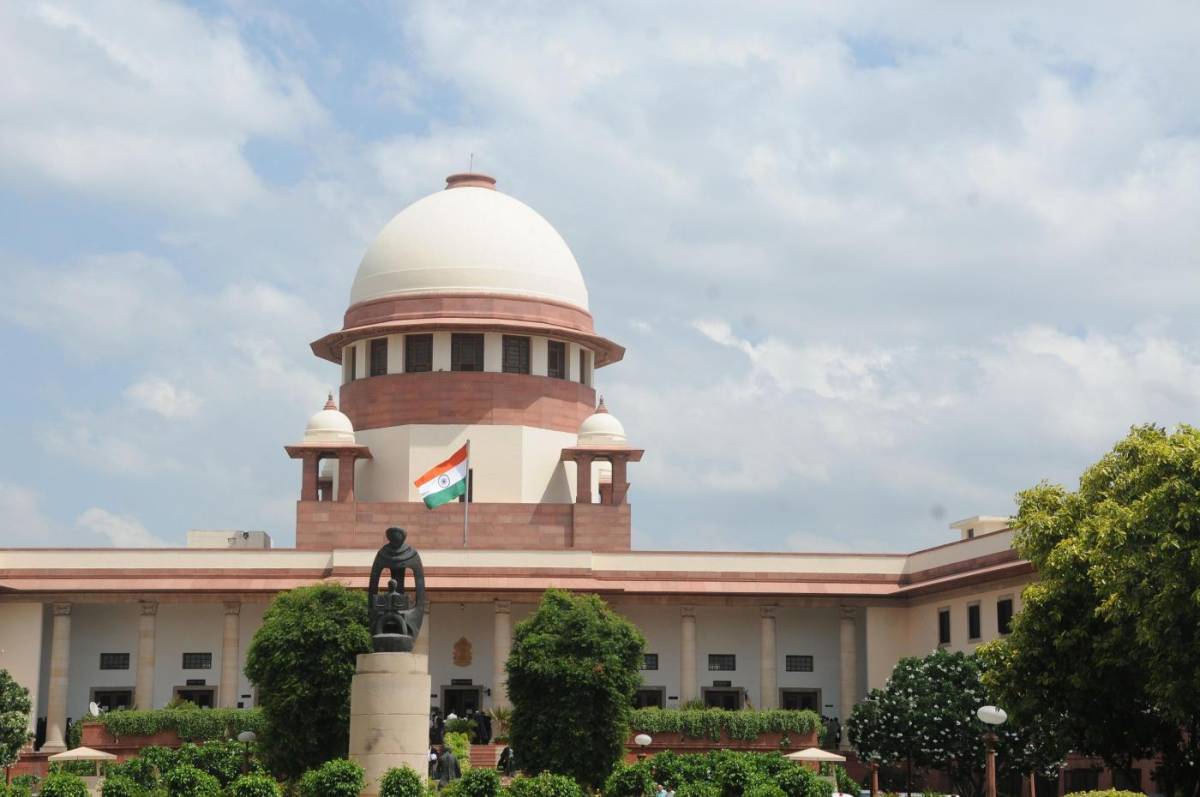Solicitor General Tushar Mehta suggested that the Election Commission should apply its mind on the matter, and they can have a relook…reports Asian Lite News
The Supreme Court on Wednesday said irrational freebies offered to induce voters during elections would not be effectively debated in the Parliament, since no political party would like to take away freebies.
It recommended constituting an expert body having persons who could effectively scrutinise the problem and find a solution, while acknowledging that irrational freebies promises is a serious issue.
Solicitor General Tushar Mehta, representing the Centre, in principle, supported doing away with the practice of promising freebies to voters, and emphasised that freebies were paving the way to an “economic disaster”, and also distorting the informed decision-making of the voters.
He suggested that the Election Commission should apply its mind on the matter, and they can have a relook. However, the EC’s counsel said that its hands were tied by a judgment of the apex court on freebies.
Chief Justice N.V. Ramana asked senior advocate Kapil Sibal, who was in the courtroom for another matter, to share his view on the matter. Sibal said the EC should not be involved in the matter, since the issue is political and economical in nature. “ECI is MFI (Most Favoured Institution),” he said, adding: “The Parliament will have to debate.”
To this, the Chief Justice asked Sibal that “which political party will agree? Do you think there will be a debate in the Parliament? These days everyone wants freebies… no political party will take out freebies, as all want freebies”.
The bench, also comprising justices Krishna Murari and Hima Kohli, said: “We take the side of the ordinary people, the downtrodden. Their welfare has to be taken care of….”
Senior advocate Vikas Singh, representing petitioner Ashwini Upadhyay, said those in power in states burdened with debt should bring out in public the source of money to fund freebies. He added that it should be revealed whose pockets would pay for these freebies.
Mehta said a poor person feels that what is put in his left pocket would be taken out of his right pocket.
The Chief Justice said the poor are entitled for the benefits and benefits should not just reach the rich. Singh then suggested that the EC could prepare a “model manifesto” to control freebies.
The bench said if the EC had taken up the issue, the court would not have intervened now, and its judgments against violence during elections continue to be ignored.
The Chief Justice emphasised this is a serious issue and the EC and the Central government cannot say that they cannot do anything in the matter. He said the government and the EC have to consider the issue and give suggestions.
The bench suggested that the Central government along with the NITI Aayog, the Finance Commission, the Reserve Bank of India, the Law Commission, opposition, etc, would have to be engaged to thoroughly debate the matter to address the issues with irrational freebies, and they can come up with constructive conclusions.
It asked the Centre, the EC, petitioners and Sibal to give suggestions within a week on the composition of an expert body that will examine how to regulate freebies and give reports to Centre, EC and to the court.
The bench scheduled the matter for further hearing next week.
The top court was hearing a PIL by Upadhyay against the announcements made by political parties for inducing voters, through freebies, during elections, and seeking that the EC should debar state and national parties from making such promises.

